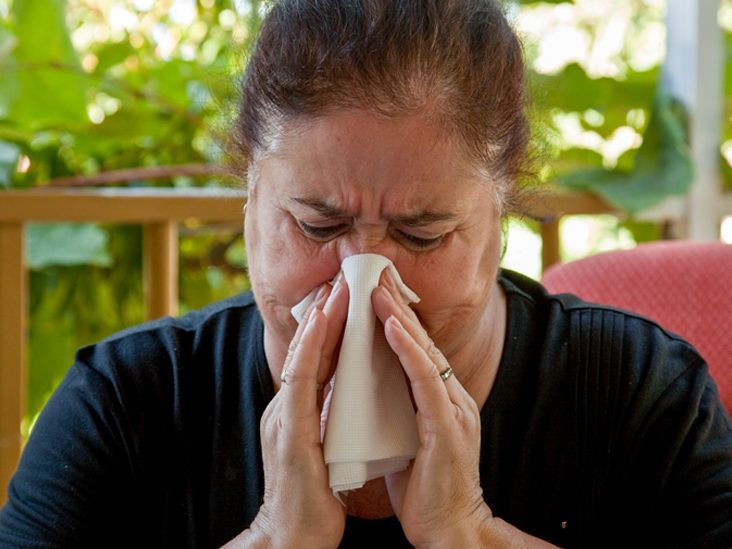General Health Tips & News
Common Allergies, Their Symptoms, And How to Relieve Them
By M.M. (staff writer) , published on September 24, 2024

Medicine Telehealth Health Allergies
Common Allergies, Their Symptoms, And How to Relieve Them
Allergies are a common condition affecting millions of people worldwide. They occur when the immune system reacts to a foreign substance, known as an allergen, which is typically harmless to most people.
Allergens can be found in food, pollen, pet dander, dust mites, insect stings, and certain medications. Understanding common allergies, their symptoms, and effective relief strategies can help manage and alleviate discomfort among people.
Some of the common allergies, their symptoms, and how to relieve them include the following;
Pollen Allergies
Pollen allergies, also known as hay fever or allergic rhinitis, are triggered by pollen from trees, grasses, and weeds. These allergens are most prevalent during specific seasons, such as spring and fall.
Symptoms
- Sneezing
- Runny or stuffy nose
- Itchy or watery eyes
- Itchy throat or ears
- Coughing
Relief Methods
Avoidance: Staying indoors on high pollen days, close windows, and use air conditioning to filter the air to prevent the pollen from reaching the house.
Medications: Over-the-counter antihistamines can reduce symptoms. Nasal corticosteroids are effective for congestion and inflammation.
Nasal Irrigation: A saline nasal spray or a neti pot can help clear nasal passages for easier breathing.
Food Allergies
Food allergies occur when the immune system mistakenly identifies specific proteins in food as harmful. Common allergenic foods include peanuts, tree nuts, milk, eggs, wheat, soy, fish, and shellfish.
Symptoms
- Hives or skin rash
- Swelling of the lips, face, tongue, or throat
- Abdominal pain, diarrhea, nausea, or vomiting
- Difficulty breathing or wheezing
- Anaphylaxis (a severe, life-threatening reaction)
Relief Method
Avoidance: Strictly avoid known allergens. Read food labels carefully to avoid unnecessary confusion.
Medications: Antihistamines can relieve mild symptoms. For severe reactions, an epinephrine auto-injector is necessary.
Medical Alert: Wear a medical alert bracelet and inform others about your allergy so that treatment is quickly done just in case of an emergency.
Pet Allergies
Pet allergies are caused by proteins in an animal's skin cells, urine, and saliva. Cat and dog dander are common triggers.
Symptoms
- Sneezing
- Runny or stuffy nose
- Itchy or watery eyes
- Coughing, wheezing, or shortness of breath
- Skin rash or hives
Relief Methods
Avoidance: Limit exposure to pets. Keep pets out of bedrooms and off furniture.
Cleaning: Regularly clean and vacuum your home. Use HEPA filters in air purifiers and vacuums.
Medications: Antihistamines, nasal corticosteroids, and decongestants can alleviate symptoms.
In conclusion, the above allergic reactions are widespread among people. Once symptoms are identified, proper relief methods and medications can be administered to patients to deal with the allergic reactions.
Sources
1. https://www.medicalnewstoday.com/articles/321500#what-is-it
2. https://my.clevelandclinic.org/health/diseases/8610-allergies
3. https://www.webmd.com/allergies/allergy-symptoms
Find articles related to: Medicine Telehealth Health Allergies
More articles about General Health Tips & News
Back to the Health Tips Index




